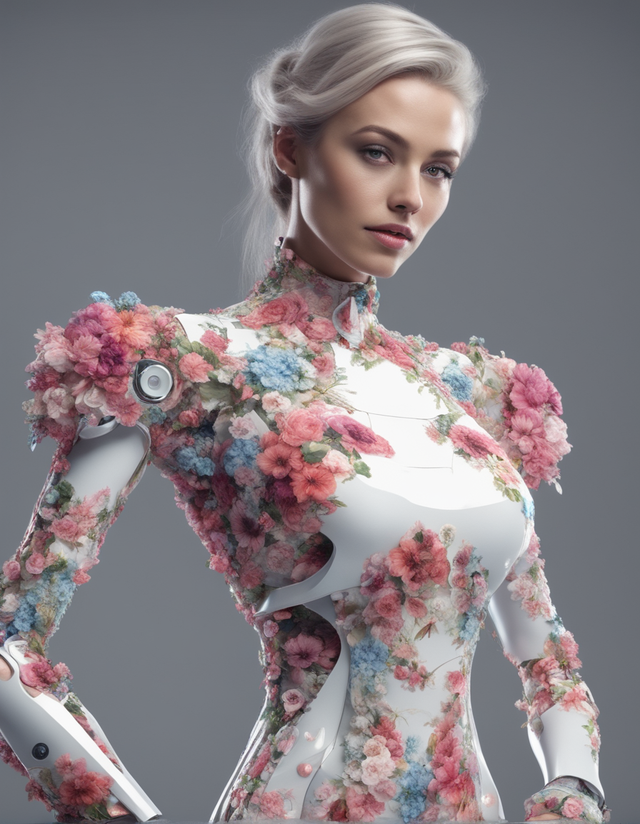Embracing Technology and Innovation in Luxury

it comes to marketing their wares, consumers of luxury brands expect them to do more than simply highlight the qualities or advantages of the things they sell. They are required to tell a story that resonates strongly with the audience segment that is being targeted, hence reinforcing the audience member’s desire to be a member of a particular group.
In today’s world, one of the most essential aspects of luxury fashion is the creation of a way of life that other people aspire to be associated with. The foundation for adapting to the ever-changing conditions of the environment is laid by technological advancements.
The following are some last thoughts that come to mind when I think about the future of luxury fashion:
The partnership of people, artificial intelligence, and generative AI agents will bring about advancements in the luxury fashion industry in the areas of product ideation, marketing, and engagement with customers.
Even though technology won’t be able to replace humans any time soon, it will provide professionals with access to new tools that make it easier to carry out particular responsibilities in a manner that is both more efficient and effective.
In addition, artificial intelligence generative models will be utilized for image improvement in order to guarantee that each and every product and design will be exhibited in its most fascinating and enticing form.
Because of the ever-increasing amount of time we spend using the internet, the relevance of our online identities is only going to expand in the years to come. This narrative will contain the manifestation of our individuality as well as the ideas that we have through the utilization of digital fashion, which will help to further the plot.
In the future, the digital and physical worlds will grow more interwoven with one another, which will create a cohabitation of the physical and the virtual.
It is not out of the question to imagine that in the not too distant future, luxury shopping will involve a combination of what is currently available in brick-and-mortar stores and what is currently available online, with the addition of augmented and virtual features.
The metaverse is compatible with a recently forming consumer trend known as experiential luxury, which fulfills a number of senses on a number of different levels.
This trend is compatible with the metaverse because the metaverse satisfies a number of senses on a number of different levels. The metaverse has the potential to significantly transform not only how we perceive and experience the environment, but also how we design and make clothing in the future.
This might be a very exciting development. The manner in which clients connect with a brand can be altered by the brand itself, thereby introducing a completely new realm of experiential luxury that was not before attainable in the real world.
NFTs are now contributing to long-term business strategies and generating considerable money; their use has grown beyond that of a simple marketing strategy.
NFTs are now contributing to long-term business strategies and generating significant revenue. NFTs have a significantly greater potential to deliver experiences that are of a higher quality than those delivered by conventional reward programs.
It is expected that in the future, more tangible products will be accompanied by complementing non-financial transactions in order to round out a brand’s offering.
This might include things like volunteering or giving back to the community. Because of this, premium companies will have the ability to acknowledge and express gratitude to clients who show the most interest in the products they provide.


No comments:
Post a Comment